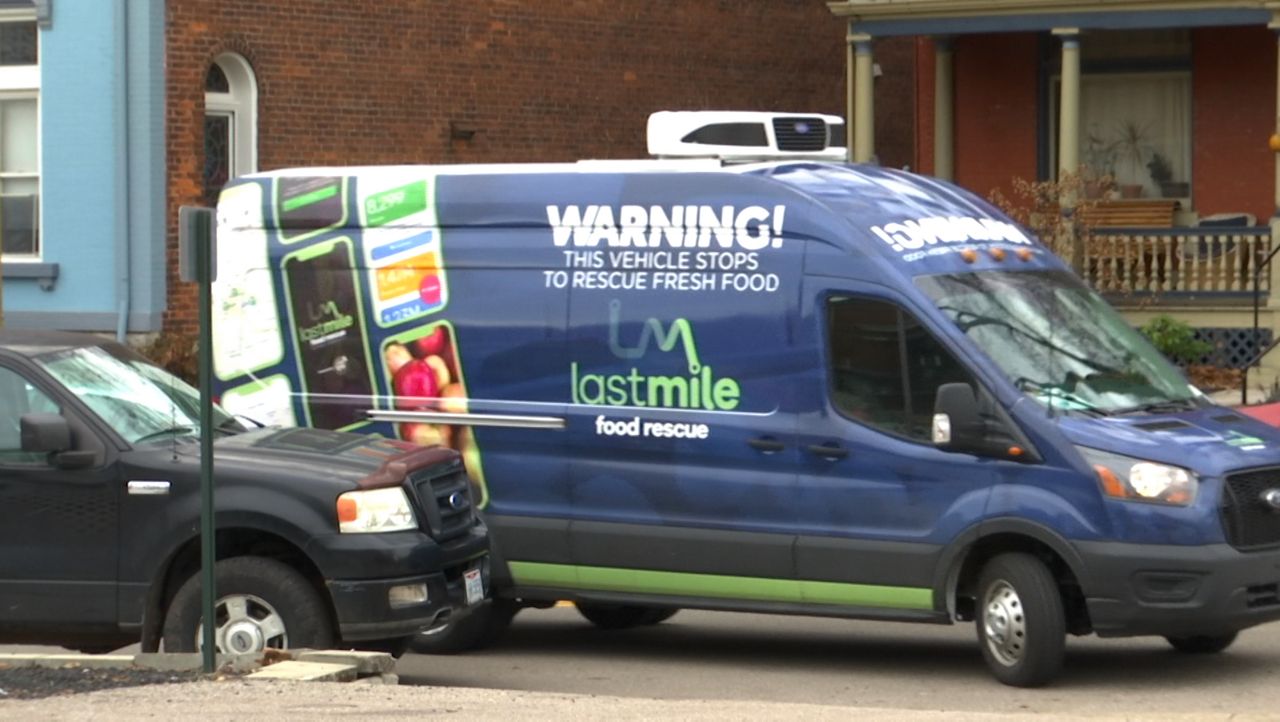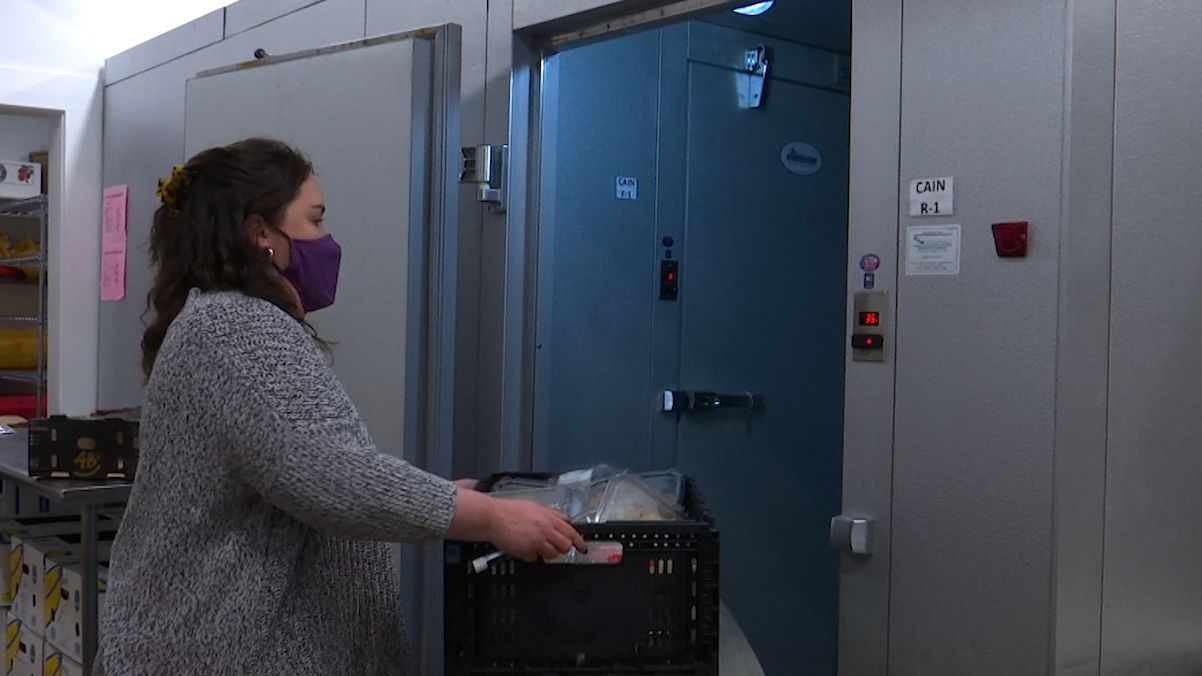CINCINNATI – For pantries like CAIN, Churches Active in Northside, a good week of donations ensures hundreds of families will be able to put food on the table, but with high prices at the store, many are facing the double pressure of an increased demand for need and a decline in donations.
A bipartisan bill, signed into law early this year, the Food Donation Improvement Act makes it easier to donate perishable food items to organizations providing direct support, by expanding liability protection for those giving in good faith.
The Bill Emerson Good Samaritan Food Donation Act of 1996 opened up the field of food rescue, which takes perfectly good food that would otherwise go to landfills and diverts them to food pantries and food banks that can distribute them to people in need.
Typically, this is food that is too close to the end of its shelf life to sell, but, if distributed quickly, the food can still feed food-insecure families.
Places like Last Mile Food Rescue serve as the logistics coordinator between clients and distributors, taking food that “last mile” so it’s as easy as possible for donors to give.
Erik Hyden, the food distribution manager for Last Mile, said typically that means thousands of pounds of food every week, ends up in the hands of people who need it.
“We do rescues six days a week all over the city,” he said. “It’s about 500 lbs today, I think.”
With the Food Donation Improvement Act signed into law, Last Mile hopes those numbers rise as more donors feel comfortable getting on board.

“It’s going to provide, less liability for any potential food donors, it’s going to provide expansion of the types of items that food donors would be willing to provide for the community but also it allowed for direct to folks that need help in the community give them direct access to food,” Crystal Cottrill, the relationships manager said.
The law includes language clarifying who can receive liability protection, including any organization, agricultural producer, school, or business that donates food in good faith directly to needy individuals or those that serve them.
For Aileen Lawson, the pantry manager at CAIN, the new law is taking effect just as places like hers need it most. Donations are on the decline, especially among perishable goods like meat, produce, and dairy and the need hasn’t slowed down much since the pandemic.
Over the past few weeks, she said it’s been difficult to keep her shelves stocked.

“We built this walk-in freezer, to be completely full and unfortunately it was as empty as it is now, yesterday,” she said. “We also today saw 80 guests come in, in an hour and a half and so the volume that we’re seeing is enormous.”
CAIN serves about 550 families a month from Cincinnati’s Northside neighborhood and its surrounding communities.
With the passage of the Food Donation Improvement Act, she hopes more organizations take advantage of resources like Last Mile, ensuring more food can come her clients’ way.
“Hopefully, with getting more donations and more donation sources, we’ll be able to increase that donation pool,” she said.



